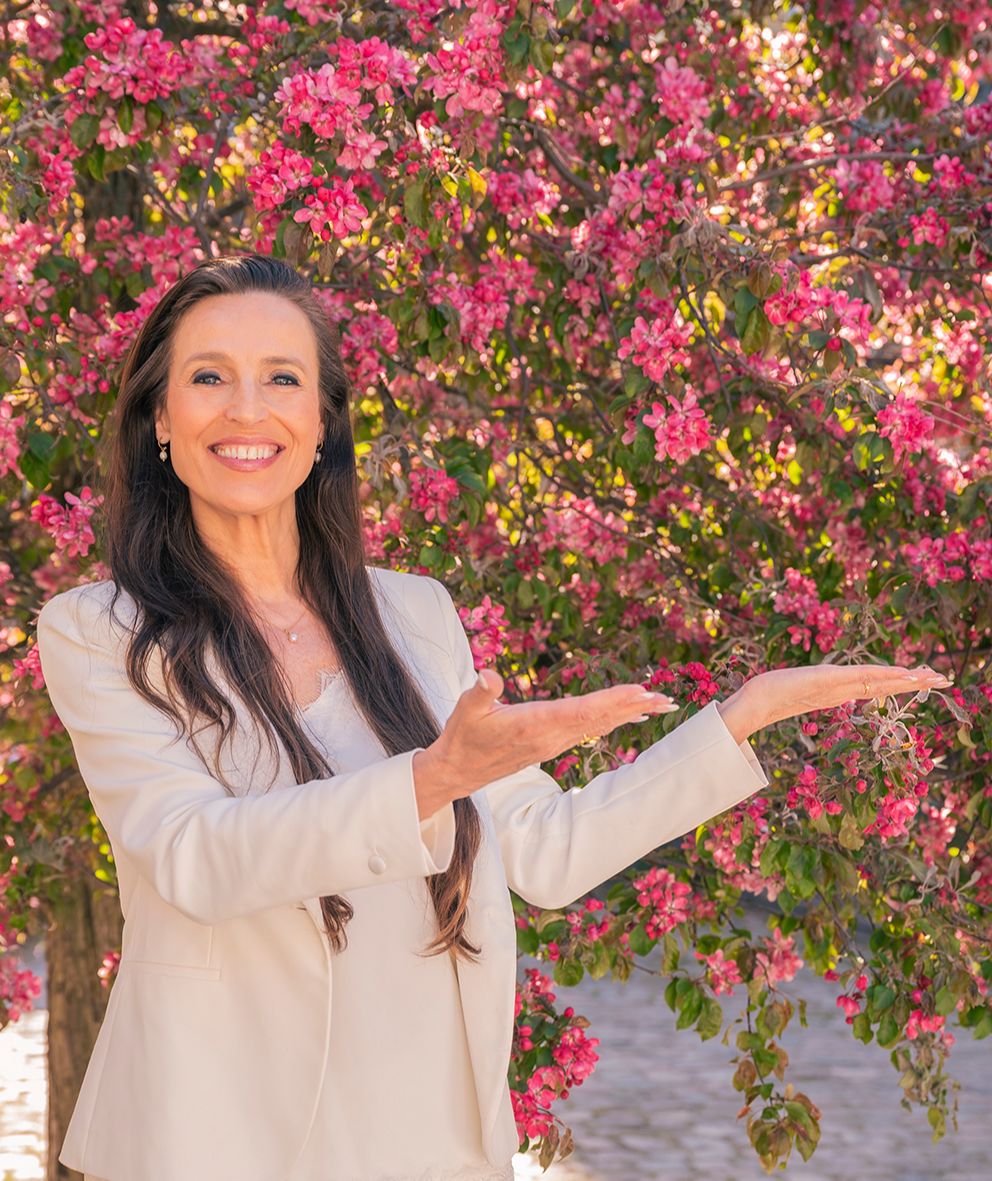From Global Crisis to Business Renewal?

By Kirsten Stendevad, author, speaker, and leadership developer
Burned millionaire villas, Trump threats against Denmark, and even the Novo stock falling. 2025 is shaping up to be a year remembered for unprecedented disruptions. It’s no wonder that new figures from Statistics Denmark show that three out of four Danish companies are experiencing significant uncertainty about their future market position.
It’s easy to feel future anxiety. But there is also a deeper opportunity hidden within the greatest challenges of our time. New analyses from the World Economic Forum document that 84% of global business leaders expect fundamental changes in their business models within the next five years. It is no longer a question of if, but how we best navigate this transformation.
A Convergence of Crises - and Opportunities
Our world faces an unprecedented convergence of crises. The Copenhagen Institute for Futures Studies has shown through extensive research that climate change alone will affect nine out of ten business models by 2030.
Breakthroughs Born from Crisis
History repeatedly shows that the greatest breakthroughs are often born from crises. After the 2008 financial crisis, companies like Airbnb and Netflix emerged, fundamentally changing the way we travel and consume entertainment. During the COVID-19 crisis, Zoom revolutionized our work lives, while Too Good To Go’s fight against food waste grew explosively, creating a global movement for sustainable consumption. These companies did not just see challenges-they saw opportunities to create fundamentally better solutions.
Turning Personal Tragedy into Transformation
My personal experience attests to the potential of transformation. Through my own in-depth journey-finding new light and meaning after the loss of my seven-year-old son-I discovered that the choice to “rise up instead of down” is not only possible; it opens the door to an entirely new life. My proven seven-step method for strengthening hope and creating positive change in uncertain times demonstrates how personal experience can be translated into tools that help others navigate transformation. This principle of turning crisis into a catalyst is supported by new research from Harvard Business School, which shows that companies actively using crisis response as a basis for innovation have a 30% higher chance of significant growth in subsequent years.
Denmark’s Innovation Advantage
Denmark’s position as an innovation leader gives us a unique opportunity. Our tradition of collaboration between business, research institutions, and the public sector creates exactly the type of ecosystem that can foster next-generation solutions. This is confirmed by the EU’s latest innovation index, where Denmark ranks among the top three nations for the fifth consecutive year.
Scenario Planning as a Strategic Tool
Systematic scenario planning has become a central tool for forward-looking companies. The VELUX Group, for example, has developed concrete strategies through their “Build for Life” program for how the construction industry can contribute to both climate adaptation and improved quality of life. This work has not only strengthened their market position but also accelerated innovation in sustainable construction.
Transformation Pays Off
Boston Consulting Group’s latest analyses show that companies that successfully navigate transformation achieve, on average, three times higher returns for shareholders over a five-year period. More importantly, they become active co-creators of a future where business success and positive societal development go hand in hand.
The Call to Shape the Future
The crises of our time are not just challenges to overcome. They are catalysts for a new era of innovation, where Danish companies have the potential to lead the way in creating sustainable solutions to global challenges. By embracing this transformation with open eyes and a systematic approach, we can not only survive disruption-we can shape it.
Your Next Step
At Illumina Future Leadership Academy, we help leaders, entrepreneurs, changemakers and their teams thrive today and shape a brighter tomorrow via regenerative resilience, turning crisis into opportunity, and developing AI-complementary human capabilities.
Our next cohorts are forming now.
Start immediately with brain
training that builds up to 25% more focus,
memory, and decision-making skills, plus the neuroplasticity that
maximizes your benefits and transformation when the group
trainings begin.
Schedule a call to explore if this upgrade answers your calling.
Stay connected with updates & news
Join our mailing list to stay in the loop
You can unsubscribe any time with one click
No spam. No sharing with third parties. Only bright ideas & insights. ILLUMINA is latin and means "Please Enlighten Me"


